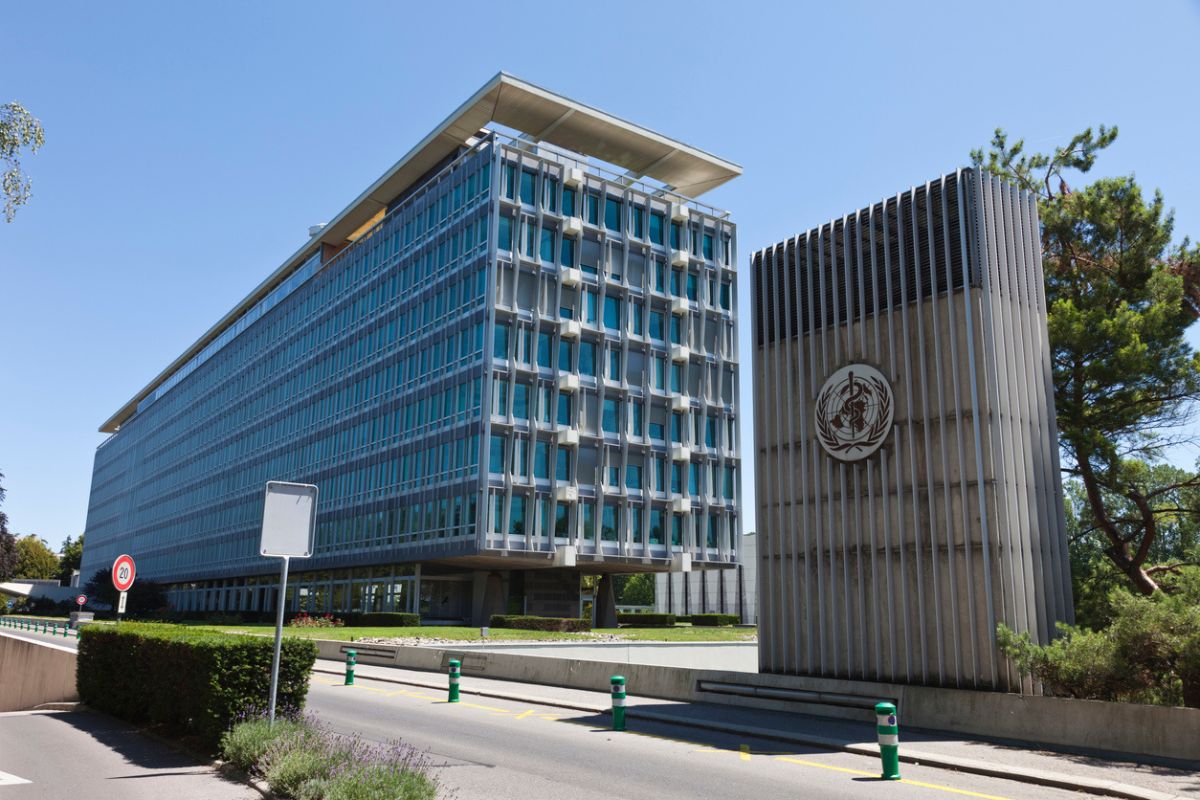A sweeping new review confirms that physician assistants (PAs) can safely and effectively deliver care under direct supervision. But that endorsement comes with a caveat. The authors want that there’s scant evidence that back ups their use in unsupervised or pre-diagnosis settings.
The findings stem from a rapid systematic review commissioned amid rising debate over the role of PAs in the United Kingdom’s healthcare system. The review, led by a team from the University of Nottingham and published in The BMJ, covered 40 studies comparing PA care vs. doctors in high-income countries between 2005 and 2025.
“Information about the safety and effectiveness of PAs is limited, but our team systematically reviewed studies which compared PA care with doctor care,” lead author and professor of medical education in UN’s School of Medicine, Nicola Cooper, said. “We found the greatest number of studies with the most consistent results were those that found PAs practice safely and effectively when working under direct supervision, or in post-diagnostic care.”
While the review unearthed evidence that PAs play a critical role in delivering safe, effective care in tightly defined settings, the authors advise against reading too much into the results. They point out that most of the studies – while of lower-quality than they would have liked – emerged from the United States. And researchers have added little to the existing literature since the pandemic.
Filling Gaps, Raising Questions
A product of the 1960s, the U.S. healthcare system gave rise to PAs as a way to address a dire physician shortage in rural areas. Today, PAs perform a wide range of duties, from diagnosing illnesses to prescribing medications to helping develop treatment plans.
PAs debuted nearly 50 years later in the United Kingdom. But concerns over their growing use as doctor substitutes have lingered, raising questions about patient safety, informed consent, and training.
The debate surrounding PAs has only intensified as the UK National Health Service contends with chronic staffing shortages – at the same time the commonwealth struggles with a deluge of unemployed doctors. Some doctors worry that we’re asking PAs to do too much with too little supervision.
The authors behind this rapid review sought to settle that debate by evaluating the quality, safety, and effectiveness of PA care using internationally recognized definitions of healthcare quality.
Strengths. And Some Shortcomings.
And the researchers did corroborate that PAs can safely deliver care when working under direct supervision or when they fill roles that focus on post-diagnosis care.
Multiple studies found no difference between PAs and doctors in patient satisfaction levels. And, in some cases, adding PAs to healthcare teams expanded access to care. That being said, the researchers added that this might simply reflect increased staffing rather than the unique value of PAs themselves.
Even so, they added that the evidence isn’t robust enough to support PAs working independently in undifferentiated or first-contact settings, such as emergency departments or walk-in clinics.
The review also found very little data backing up claims of the cost effectiveness of PA utilization. And, they added, nearly all of the included studies were either retrospective or observational.
Notably, UK-based studies revealed PAs were more likely to work in socioeconomically deprived areas. It’s a pattern that the authors say could make healthcare inequities even worse if policymakers fail to act.
A Call for Clearer Standards
In light of National Health Service (NHS) officials looking to expand the PA workforce, the authors stress the need for stricter national guidance on PA supervision and scope of practice.
This review emerges under a cloud of increased scrutiny of PA roles in the United Kingdom. In November 2024, the government launched an independent review into PAs and anaesthesia associates following high-profile concerns.
The Department of Health and Social Care announced the results of that audit – dubbed the Leng Review – shortly after the publication of this paper. In it, Gillian Leng, MD, president of the Royal Society of Medicine, advised against getting rid of PAs. Instead she offers more than a dozen recommendations in addition to renaming the healthcare professionals so many Brits have come to rely on.
Her guidance proposes some important changes, such as:
- PAs shouldn’t see undifferentiated patients outside of clearly defined national clinical protocols.
- New PAs should accumulate at least two years of experience in secondary care before assuming a primary care or mental health trust role.
- A named doctor should assume responsibility for each PA as their formal “manager.”
- Facilities should implement standardized measures (such as clothing, lanyards, and badges) so patients – and peers – can distinguish PAs from doctors.
- NHS should offer PAs the opportunity for ongoing training and development within a formal program.



